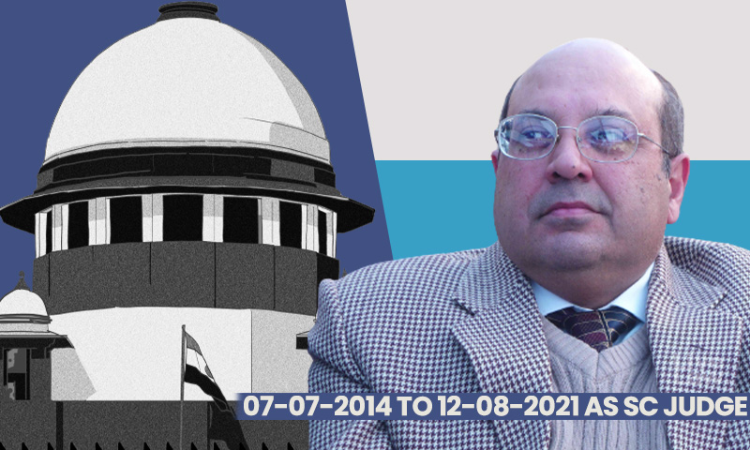'Constitution Is Our Holy Book' : 12 Top Quotes From Justice Rohinton Nariman's Judgments
LIVELAW NEWS NETWORK
12 Aug 2021 2:07 PM IST

Next Story
12 Aug 2021 2:07 PM IST
During his seven year term as a judge of the Supreme Court of Inida, Justice Rohinton Nariman has delivered several important judgments expanding the scope of fundamental rights jurisprudence, and settling the law in fields like arbitration and insolvency.Here are some notable quotes from the judgments authored by Justice Nariman.1. 'Expression of a view on any matter may cause annoyance to...
